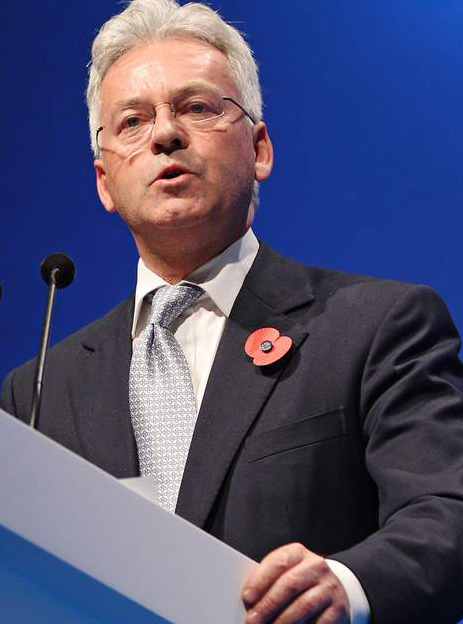Date: Sat, 5 Mar 2016 14:24:06 +0100
| Alan Duncan MP, Issue 1413 |
| March 5, 2016 |
 OIL SLICKER: Alan Duncan MP, the PM’s special envoy to Yemen, whose juicy new directorship was waved through by the catatonic advisory committee on business appointments
POLITICS and money continue to mix sweetly for the prime minister’s special envoy to Yemen, Alan Duncan. The ex-international development minister and MP for Rutland and Melton has just become a director of oil company Fujairah Refining Ltd, on £8,000 a month for an anticipated 156 hours a year (ie more than £600 per hour).
The company, based in the emirate of Fujairah on the Gulf of Oman coast, is majority-owned by Swiss-based oil company Vitol, with which Duncan has a long association. He was a consultant to the company in the 1990s and later took its money to fund his office as a shadow energy secretary (Eye 1214). He is also known to be close to Vitol chief executive Ian Taylor, a major Tory donor. Trade with the rebels The firm has fared well from UK government foreign policy, especially towards Libya. In 2011 the then foreign secretary William Hague set up a “Libya oil cell” to encourage companies led by Vitol to trade with rebels in the country and not the Gaddafi regime. Duncan was a member of the cell and met with Vitol as part of the arrangement. In approving Duncan’s new job with the Vitol company, the advisory committee on business appointments (Acoba) decided this was all too long ago to present a conflict of interest. When it came to his current position dealing officially with Yemen, the wise monkeys at Acoba again saw no issue. Their approval letter gave no indication that they were even aware of Vitol’s interests and ambitions in the country. Pisspoor Acoba Serious ambitions they are, too. Back in 2013 Vitol’s Bob Finch visited Sana’a for talks with the then president Abdo Rabbo Mansour Hadi. “The president welcomed Mr Finch and his company’s investments in the country,” reported Yemen’s official news agency, “stressing that the oil and gas investment opportunities are available and promising with great economic feasibility.” The Yemeni civil war that erupted last year and saw Shia rebels capture Sana’a seriously hits these interests. A Gulf coalition including Saudi Arabia and the United Arab Emirates – including Fujairah, which has a stake in the company Duncan is now working for – is supporting the old Sunni regime, with the help of British arms. As this military campaign comes under increasing pressure over indiscriminate bombing, perhaps the British government’s representative in the region might not be expected to be on the payroll of a company with such a commercial interest in the outcome – even if the point does escape pisspoor Acoba. |